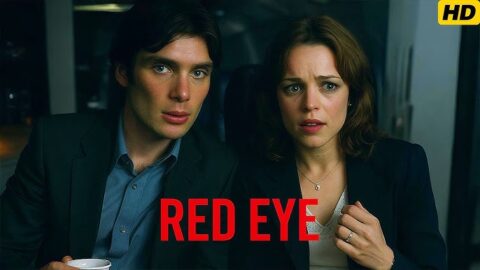The Great Beauty (2013) – Movie Review
The Great Beauty (La Grande Bellezza), directed by Paolo Sorrentino, is a visually stunning, deeply reflective Italian film that meditates on art, decadence, love, and the melancholic passage of time. Winner of the Academy Award for Best Foreign Language Film, it is often compared to Fellini’s La Dolce Vita—both in spirit and structure—but stands on its own as a modern elegy for beauty, memory, and lost meaning.
Plot Overview
The story follows Jep Gambardella (Toni Servillo), a suave, aging journalist and socialite who has spent decades drifting through Rome’s glittering high society. Known for his wit and charm, Jep is famous for having written a single acclaimed novel in his youth—then never writing again. As he turns 65, he finds himself disillusioned with the superficiality of his life and begins to look inward. His encounters with old friends, past lovers, bizarre artists, and even saints become a journey of philosophical and emotional awakening.
Rome, with all its decaying grandeur and timeless beauty, is both the backdrop and a central character in Jep’s journey. The city pulsates with history, spectacle, and faded glory, reflecting Jep’s own internal emptiness masked by charm and extravagance.
Performance and Style
Toni Servillo gives a masterful performance as Jep—world-weary, observant, charming, and quietly aching for meaning. His expressive face and eloquent narration carry the weight of a man grappling with a lifetime of beauty that somehow still feels hollow.
Sorrentino’s direction is lush and hypnotic. Every frame is meticulously composed, from opulent parties to quiet midnight walks through Roman ruins. The camera glides through spaces, creating a dreamlike atmosphere underscored by a haunting, operatic score. The cinematography by Luca Bigazzi is nothing short of breathtaking.
Themes and Symbolism
The Great Beauty is not a film of conventional plot; rather, it is a lyrical meditation on existential questions. It explores the hollowness behind material success, the pain of unrealized potential, the beauty that slips away with time, and the desperate search for purpose in a world obsessed with surfaces.
Jep’s reflections are steeped in nostalgia and sorrow—he yearns for something real in a world of performances. Through surreal encounters and quiet moments of grace, he begins to remember the feelings that once moved him: love, loss, innocence, and the allure of the mysterious.
Conclusion
The Great Beauty is a dazzling and poignant cinematic experience—both a celebration and a critique of life’s fleeting pleasures. It invites viewers to contemplate what remains when the party ends, when the masks come off, and when the lights fade. Beautifully melancholic, emotionally rich, and intellectually stimulating, the film is a true work of art that lingers in the soul.
What does “beauty” mean to you? Share your thoughts below!









